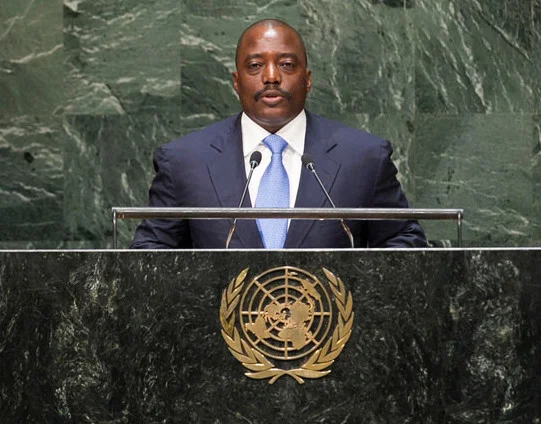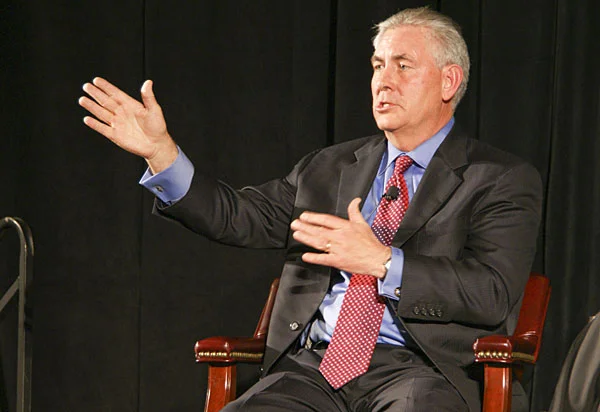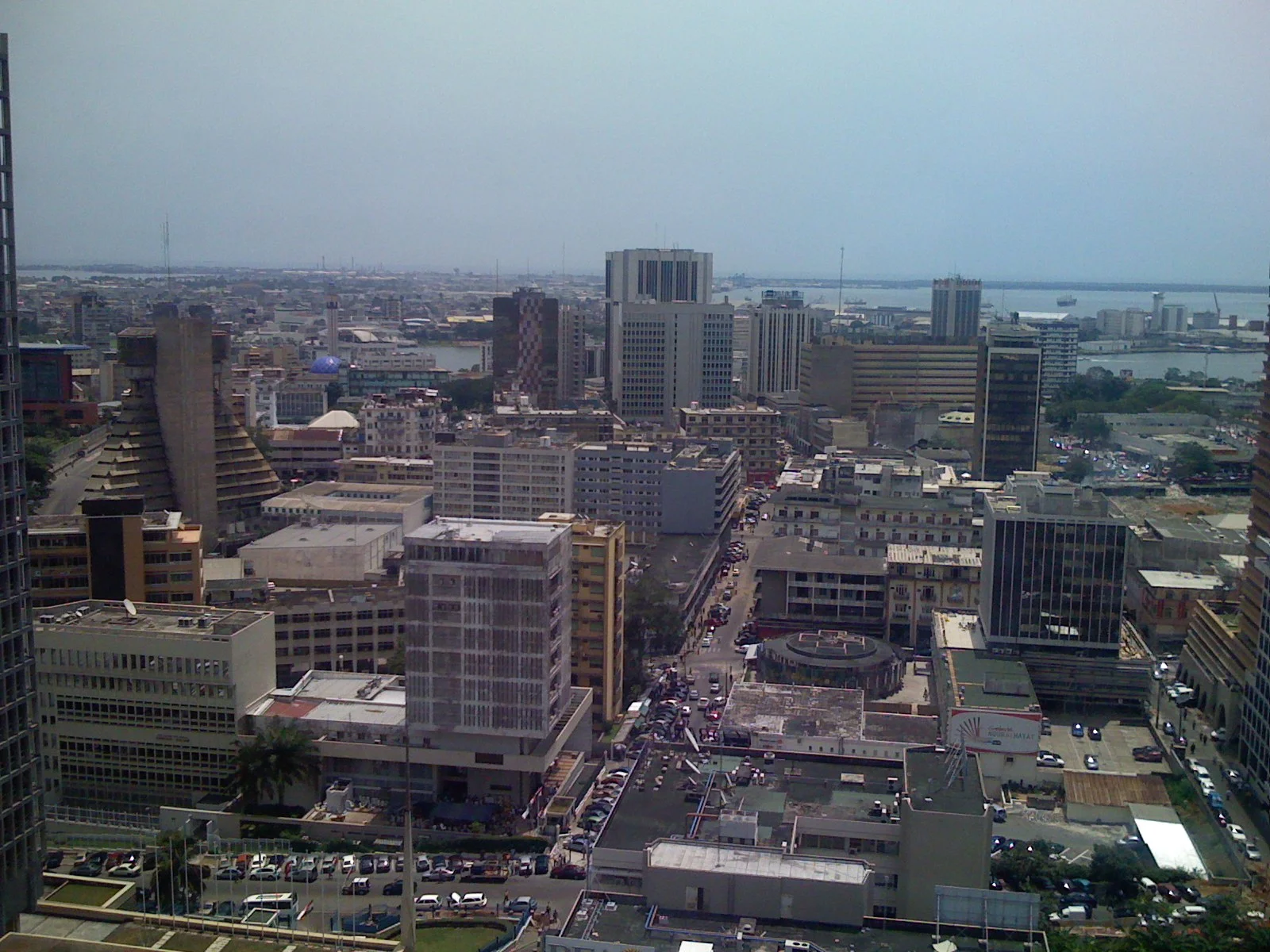In the Democratic Republic of the Congo (DRC), the administration of President Kabila began the nation’s descent toward political anarchy in November 2016 by deliberately refusing to hold the presidential election required by the constitution for that month. In the absence of a presidential election, President Kabila lost his legitimacy as the head of state on December 20, 2016, when his second elected five-year term came to an end.
In an attempt to fill the political vacuum, President Kabila asked the Conference of Catholic Bishops (CENCO) to mediate between his parliamentary majority, and the opposition political forces, in order to reach agreement on how to move forward to an election and a transfer of power to a new president. The CENCO mediation began in October 2016, and continued until March 27, 2017 when it was terminated because the parties could not reach agreement on the way forward.
The failure of the CENCO mediation leaves the DRC in a state of political anarchy. None of the political institutions has legitimacy, including the Presidency, the Senate, and the National Assembly. The prospect of President Kabila remaining in power indefinitely and illegally has caused major tensions throughout the nation. Major demonstrations called for by opposition leaders for the week of April 3, 2017 could become dangerously violent in the model of Ouagadougou in 2014.
Already, there is growing instability in different regions of this vast country. A military unit in the Kasai region in central DRC has been photographed killing non-combatant civilians wantonly. In the same region, militias have retaliated and killed about forty policemen. In the far eastern regions of the two Kivu provinces and Ituri, various militias roam through villages pillaging and raping, while they and others fight over artisanal mineral deposits.
During football matches, the young people in the audience spend more time calling for “Kabila to go” than shouting in support of their teams.
The United Nations Security Council has enacted several resolutions about the DRC since the beginning of the political crisis in late 2016. Now that political anarchy has set in, what should the UN should be doing? A UN peace-keeping force, MONUSCO, has been operating in the DRC since 2005, with a mandate to protect civilians.
Perhaps now is the time for some creative thinking about the DRC by the UN Security Council. A decision to take no action at this point would only be contributing to the “legitimization” of anarchy, and to the potential breakdown of order.
There is precedent for the temporary UN takeover of sovereignty. Namibia, Cambodia and East Timor are suitable examples. It may now be relevant for the UN to look at the DRC in a similar context.
It is important to recall that the DRC had a very successful UN assistance experience from 1960 to 1967. When the security situation deteriorated immediately after independence, President Eisenhower asked the UN Security Council to start a stabilization program with UN troops and civil servants. (There were no NATO forces allowed.) The UN operation assisted in the training of Congolese military units, helped reorganize administrative departments, and stabilized difficult regions such as Katanga and Kivu. If this experience could be repeated immediately, then the Congo will be assured of free and fair elections in 2017, and a smooth transfer of power to a new governing team by the end of the year.
The UN Security Council, and its most powerful member, the United States, need to think seriously about this option.




